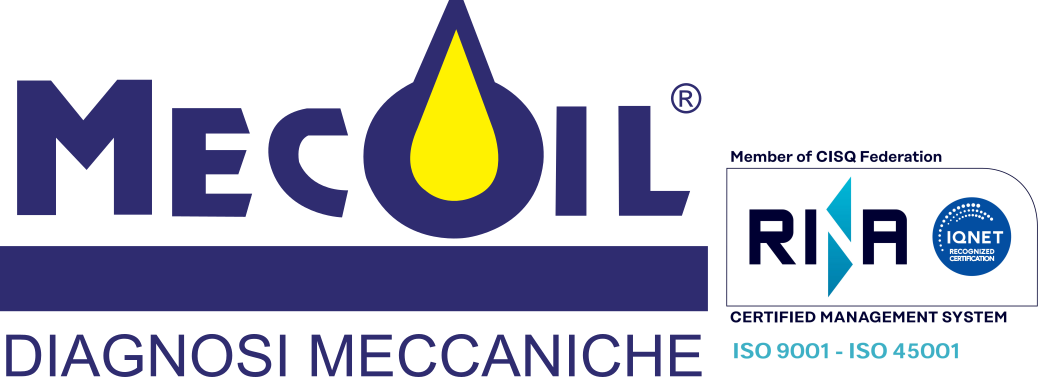This name (now a “brand”, internationally well known for spreading maintenance culture) brings us back to an ancient form of using water as a driving force capable of “lifting itself”! It is an elegant hydraulic device that – using a wheel and a system of spoons, made from wood or any poor materials – over the millennia has allowed populations to irrigate desert lands; all with a large managerial economy.
The choice of this imagery made by Jim Fitch (admin of www.noria.com) has important symbolic meaning, with the goal of representing this business to the people who turn to them looking for solutions aimed at savings and Safety when it comes to plant management. The gigantography of the constantly moving water wheel oversees the stairs that access their directional offices.
For several generations, the Fitch family has been dedicated to the care of aspects that were once considered marginal in the industrial process. The goal is to put real maintenance at the center of management’s interest, in all its “proactive” meaning, in order to contain the need for “repairs” due to unexpected failures, all to the benefit of performance and reliability. In the past, the Diagnetics company was located near the campus of Oklahoma State University. There, many types of equipment have been designed and developed to assess the level of contamination of lubricants. Many of these (including the still current, even if dated, dCA – digital Contam Alert – sensor) have been real cornerstones in the history of Diagnostics, through the monitoring of lubricating oils in operation.
It was the dawn of an era in which the infamous “Iso Class” of fluids contamination was considered a kind of sophisticated and almost superfluous estimate of the suspended “dirt”, with little to no impact on the industry system. The great machines of the past were extremely tolerant (or so it was thought) in terms of both solid and liquid contamination. But the results in terms of “reliability” of the plants for the most varied causes, only rarely put to system (MTBF), were not the best.
The failures (sometimes disastrous, as they were also well reported by S. Jameson of www.Lubecouncil.org in a recent Maintworld article) had important repercussions on the entire production cycle, and sometimes even dire effects on the environment. Always because of neglect on the part of plant operators when it came to oils, greases, or lubrication products in general.
Just as the “Noria” repeats its cycle endlessly, using minimal energy resources, lubricants perform their daily function in a similar “humble” and silent manner. A function that has the primary purpose of minimizing the friction between mechanically ingrained surfaces; here we talk about microscopic tolerances, in which to interpose the right oil film. If, however, this infinitesimal veil carries with it some abrasive “dirt”, any improvement of the operating conditions is immediately erased. But even if the content of additives (“additivation package”) fails, due to the aging of the loads or due to incorrect storage or manipulation, the possible worsening of the operating conditions is only a matter of time.
The field of possible applications of optimal procedures for solving the main problems associated with lubrication has now become a wide-ranging project, which has its center in the research of the “Optimum Reference State”. This small-steps improvement procedure is the fulcrum of the Noria Inc. system. An evolution of procedures that rests on the shared culture, on the evolution of the roles related to the lubrication cycle of the plants. Knowing where, how, and how much grease or oil to add has become a qualified and qualifying commitment for those who follow certain rules (“best practices”) while performing their tasks. You can’t become an expert in a few hours, but you can acquire these essential skills through training and practical experience in the field, involving from the beginning the various hierarchies of the plant.
One of the most important steps, internationally, is to attend one of the many courses to learn the basics of lubrication. Even in Italy such a virtuous passage has now become feasible, thanks to the skills exchange in this critical industry between Noria and Mecoil, which today can propose high-level training courses based on a wide-ranging project shared worldwide.
G. Adriani, January 2013
From the magazine “Manutenzione” (“Maintenance”) ed. February 2013
